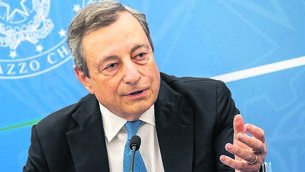Pointing the finger for Diana’s death
A MAN with a mission is how Mohammed Al Fayed sees himself — a mission to have his son’s untimely death officially recognised as an assassination and to have that murder avenged in court.
He has thus far failed in the British courts, so he has taken to the ‘court of public opinion’ to try again.















